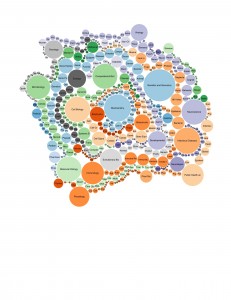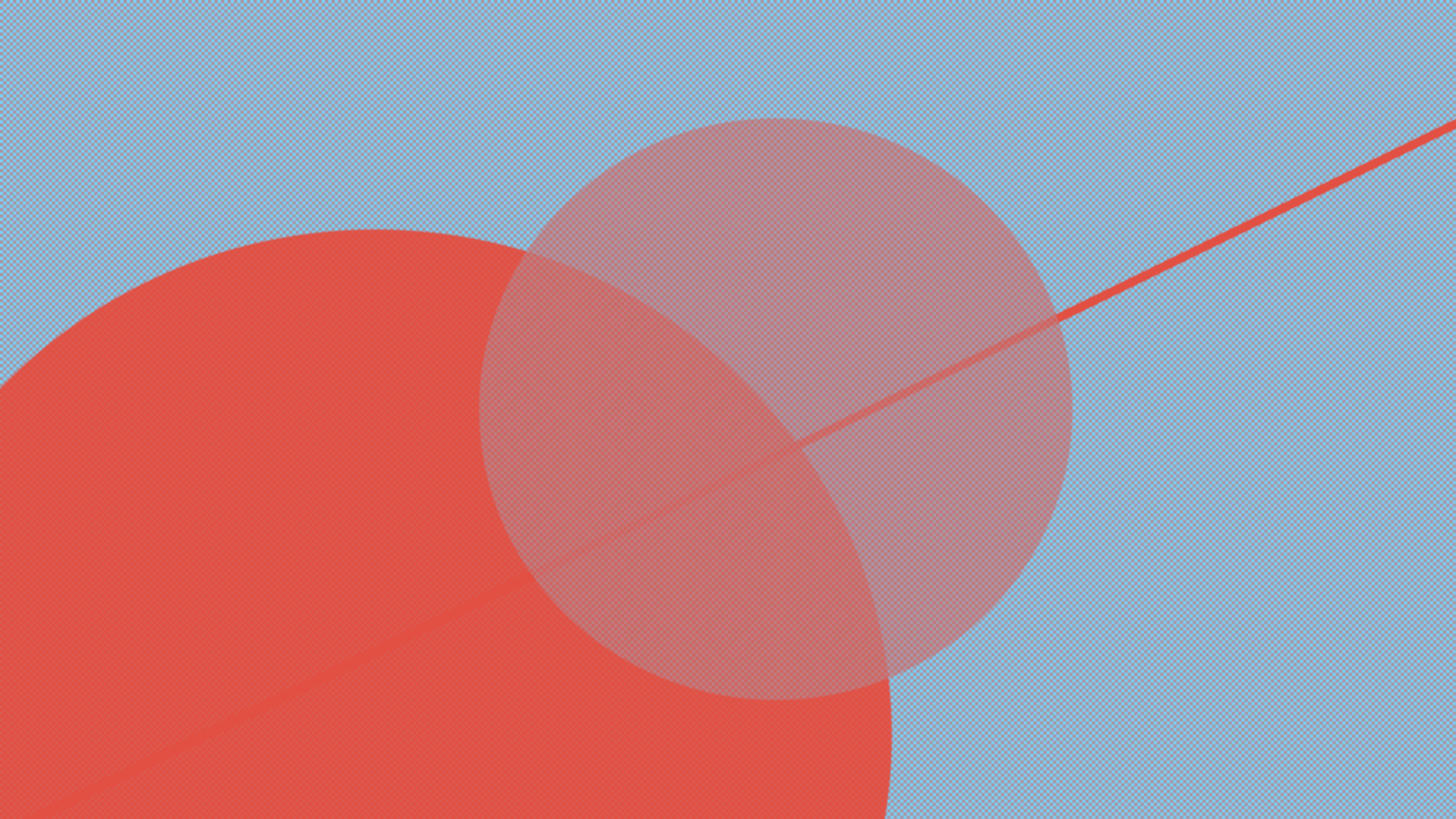PLoS at Science Hack Day SF 2011
The weekend of November 12, PLoS sponsored Science Hack Day (SF), an annual event bringing together up to 200 scientists (and citizen scientists), designers, and coders for a “brief but intense period of collaboration, hacking, and building ‘cool stuff’“.
Several teams utitilized the PLoS APIs in order to run some interesting experiments:
- Science and Gender: This app mashes up the PLoS Solr API and other sources to test if one can “predict gender, with a reasonable margin of error, based only on author names found in articles published by PLoS.”
- SciSentiment: This app uses text analysis (facilitated by the PLoS Solr API, the PLoS ALM API, and the Mendeley API) to see if a prediction can be made for future citations. (You can view some of the preliminary results here, here, and here.)
- Subjects: This data visualization tool, created by PLoS dev team members Jen Song and Joe Osowski, uses the PLoS Solr API and the D3.js tool to create beautiful graphics that show relationships between subject areas assigned to PLoS papers. Here are a couple of the resulting visualizations (click to enlarge):

A display of all the subjects that are associated with PLoS articles. Subjects with the same color belong to the same top level subject area (the largest of which is the primary subject area--each size indicates how often that subject is associated with an article). Click through and hover over each bubble to see the number of instances. 
The chord chart displays relationship between subjects. The line between the subjects show how many times the subjects show up together in an article. Click through and hover over each subject area to see its relationship to other subject.
Visit this summary or view this video in order to learn more about the rest of the great Science Hack Day projects.
We’d like to thank Joe Osowski, Jen Song, and Alex Kudlick, the PLoS devs who attended, created, and supported some great hacks, as well as our friends William Gunn and Matt Senate, who were heavily involved in the PLoS-centric projects. Also, many thanks to Ariel Waldman and the rest of the Science Hack Day organizers for including us in their event!
